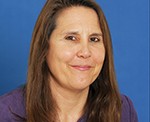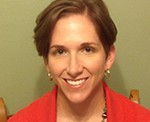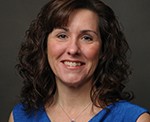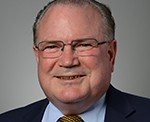ARCHIVES FOR 2015
The Goldring Center for Culinary Medicine (GCCM) at Tulane University in New Orleans is the first fully operational teaching kitchen affiliated with a medical school. Learn more about this i… Read more
Social media is an emerging avenue of information and support for persons with diabetes and their caregivers as well as for diabetes educators and other healthcare providers. Read more
More than 2 million adults — just over 10 individuals per 100 — in Texas have diabetes, according to a 2012 Centers for Disease Control and Prevention report. Read more
When individuals of any age have type 1 diabetes, a normal workout can cause many problems for their blood glucose control — unless they know more about what glycemic responses to expect and… Read more
Cardiovascular disease (CVD) is the No. 1 killer of persons with diabetes. Although lowering blood glucose improves microvascular complications, the relationship between blood glucose and ma… Read more
Diabetes educators have a variety of interventions and educational platforms to use when developing and implementing diabetes self-management education and support programs for persons with… Read more
As children with type 1 diabetes approach adulthood, transitioning to adult care can be problematic for them and their family members. Read more
Telehealth is not new to the healthcare arena, but demand continues to increase. With consumers seeking immediate, convenient and option-filled healthcare services, telehealth has become a p… Read more
These newly selected AADE Fellows join the distinguished group of previously selected AADE Fellows. Read more
AADE15 attendees can earn up to 28* credits of continuing education hours based on sessions you attend and the credentials you have. Read more
Meet the editors
Stop by Sage Publications Booth #241 from 12:00 pm to 1:00 pm today to meet James Fain, PhD, RN, BC-ADM, FAAN, FAADE, The Diabetes Educator editor, and learn how you can be published. Read more
Diabetes educators can have considerable influence and success in helping patients better manage their disease, thanks to highly skilled training. Read more






